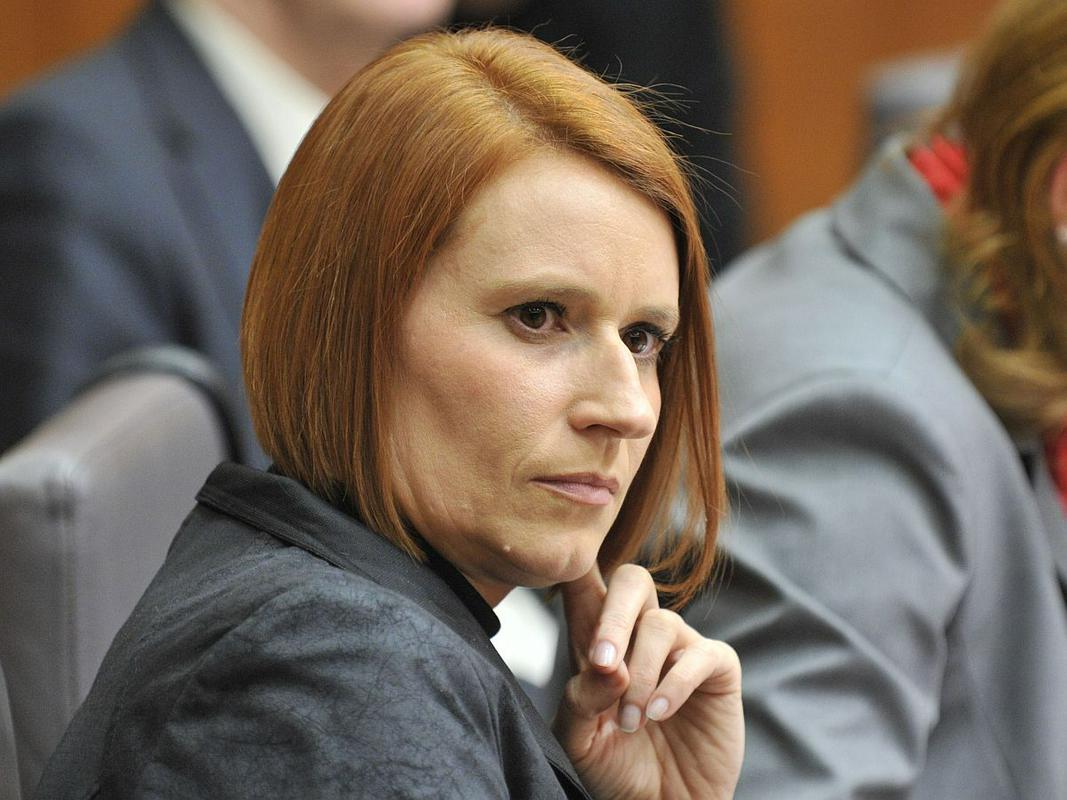

"Now is the time for the regulation of legislation in such a manner to allow timely disclosure of extremism, its prevention and sanctioning," said Umek at the presentation of the interim report of the inquiry commission for determination and assessment of extremist groups operation, in which he participated as an expert advisor.
"It is not important whether the extremist groups are left-wing, right-wing, or religious. The problem is not the opponent, but the enemy," added Umek, who emphasized the political opinions had no interference with the work of the commission led by Maja Dimitrovski from the Positive Slovenia. They both stood up for sanctioning of hate speech. The members of the commission from the opposition provided three separate opinions to the interim report, which shall serve as bases for a debate of the members of parliament for amendments to relevant legislation.
Experts claim the right-wing groups are better organized
According to Umek the expert witnesses emphasized that the left-wing extremism in Slovenia is not a problem; that these groups are poorly organized and mainly consist of advocates of anarchist ideology which pose no threat to security. Religious, i.e. Islam extremism presents no problem either, with the exception of few individuals. The right-wing groups are better organized, and to them extremism could be attributed, added Umek.
Inefficient legislation
The applicable legislation does not allow efficient supervision and preventive actions, therefore the consideration of practice which would enable detection and efficient punishment of extremist groups, said Maja Dimitrovski. She warned that a number of controversial actions of extremist groups – with the exception of terrorism – are not prosecutable, and also the Police have no grounds for early monitoring of actions which could result in criminal acts of extremist groups.
The interim report gives also the definition of extremism: "Extremism is a term defining activities which are morally, ideologically or politically opposed to the written laws and unwritten norms of the country, which are extremely intolerant towards the others, which reject democracy as the means of governing and problem solution, and last but not least reject the valid state order."
EU directives
From the reports of the government and the national security authorities follow unequivocally that there are groups in Slovenia to which the extremist ideology can be attributed. These directives are mainly transferred from the EU, where the extremist movements are gaining in strength.
Mate: loss of time
The vice-president of the inquiry commission for determination and assesment of extremist groups operation Dragutin Mate, who, together with the members Matej Tonin and Franci Pukšič, gave a separate opinion to the interim report, warns of the loss of time. "We knew all that on June 5, 2013, and nothing was done," he warned. At that time the government wrote in the report of the commission for the intelligence service supervision that the criminal legislation in Slovenia reflected the practices and international standards, and that there was no need for changes.
Lone wolfs
In his separate opinion he claims the so-called lone wolves are the biggest threat in Slovenia. "Lone wolfs" are unconnected individuals who can without any previous declaration perform such acts as happened in Norway. "Seriously should be taken also the travels of individuals from Slovenia to the Near East battlefields, who afterwards come back with radical ideas," he warns.


































































